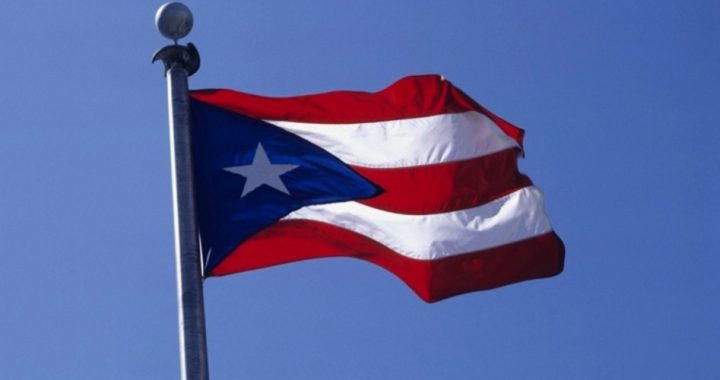
Puerto Rico’s supreme court ruled February 22 in favor of a law prohibiting same-sex couples from adopting children. The 5-4 vote came in the case of a lesbian woman who has been trying for several years to adopt the daughter her partner had 12 years ago via in-vitro fertilization. The decision comes as the U.S. territory is locked in an intense political battle over the legalization of same-sex marriage.
In its decision, the court upheld the constitutionality of the law that bans a person from adopting a single-parent child if the person desiring to adopt is the same sex as the existing biological parent, without that parent losing their legal rights to the child.
In its majority opinion the court said that the state had not criminalized the “sentimental relationship” of the lesbian couple, “but it does not have a constitutional obligation to award this relationship the same rights that other relationships have when it comes to adoption procedures.”
The Associated Press reported that the court majority also found “so-called second-parent adoptions, in which couples jointly adopt children, do not apply in Puerto Rico. That issue affects the case in question in part, the majority said, because the girl would have to be registered with two mothers and the U.S. territory’s laws do not address such a situation. The judges said it is up to legislators to change adoption laws if they see fit.”
Noting that courts in Nebraska, Ohio, Wisconsin, and Connecticut have struck down similar same-sex adoption cases, the court advised: “Starting today, the applicant should channel her efforts through the Legislative Assembly.”
Among the four dissenting justices in the case was Chief Justice Federico Hernandez Denton, who called the law unconstitutional and insisted that the adoption would benefit the girl in the case. Both women “have ideal emotional skills, intuition, and protective instinct to guarantee the girl’s full and healthy development,” Denton wrote in his minority opinion. “In addition, tests showed that [the girl] is mentally stable, does exceptionally well in school, and gets along very well with children her age.”
The liberal judge quoted from Barack Obama’s recent inaugural address, in which the president declared that “our journey is not complete until our gay brothers and sisters are treated like anyone else under the law.” The justice complained that under current law, the petitioner in the case would lose custody of the girl if the biological mother died, and criticized his majority colleagues for interpreting Puerto Rico’s constitution using the same context under which it was adopted 60 years ago.
“While the rest of the world keeps opening its doors to the legitimate complaints of human beings discriminated against for their sexual orientation,” he wrote, “the majority of this court refuses to declare the law in question as unconstitutional.”
That opinion of the court’s majority appears to reflect the sentiments of the island population as a whole. On February 18, more than 100,000 Puerto Ricans gathered at the territory’s Capitol building in San Juan to express their support for maintaining the definition of marriage as being only between a man and a woman.
With signs bearing such messages as “Puerto Rico stands up to defend the family,” the pro-family participants called on Puerto Rico’s ruling Popular Democratic Party to oppose current efforts to enact a marriage re-definition measure.
“Organized in just three weeks,” reported LifeSiteNews.com, “the cresting crowds represented people of different religious backgrounds, as well as denominations ranging from Pentecostal, Baptist, Catholic, and Disciples of Christ.” At the same time, “supporters of same-sex ‘marriage’ held a counter-rally that was dwarfed by comparison. Puerto Rican press estimated that the counter demonstration drew ‘hundreds’ of people.”
Organizers of the pro-marriage gathering said they wanted to send a message to the minority trying to bring about the legalization of homosexual marriage on the conservative, religious island. “We are talking about defining what is the right sexuality, marriage and family,” said the Rev. César Vazquez, who heads up the group Pastors United in Defense of the Family. He said that “we know an attempt is coming to change the law. What we are doing is showing that we who believe in marriage and family as it has always been are in the majority.”
“Politicians count the numbers,” Vazquez told the pro-family crowd, “and the numbers are here.”
Dave Bohon covers faith, family, and cultural issues for The New American. He can be reached at [email protected].
Photo: Puerto Rican flag



